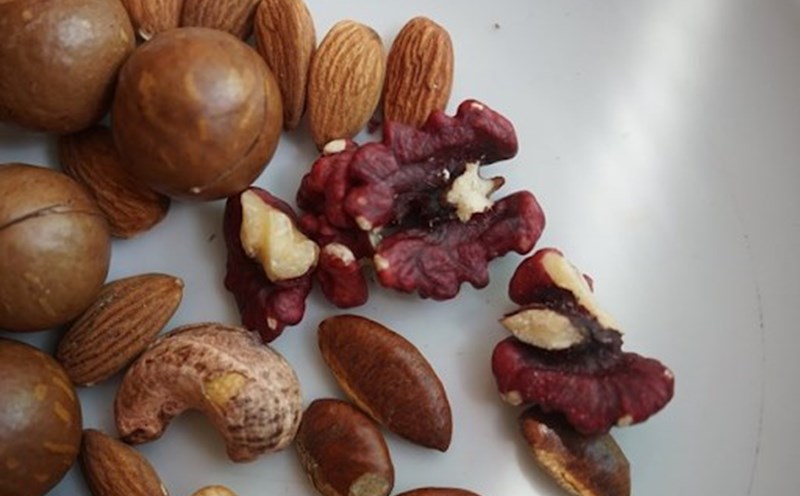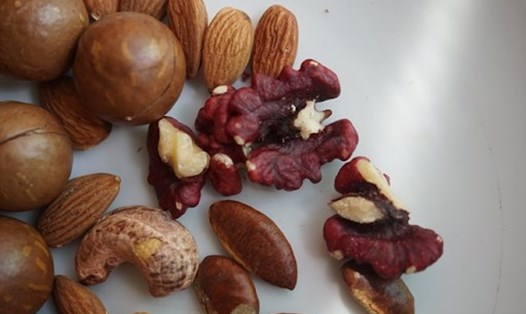Don't turn meals into a war
According to Dr. Natalie Muth - Pediatrician, nutrition expert at the American Academy of Family of Family Physicians, one of the common mistakes of parents is to create excessive pressure when children refuse to eat vegetables. "Children need to have access to green vegetables naturally. Pressing will only make children protest and form psychological fear of this dish in the long run," Ms. Muth warned.
She also pointed out that children may need to be exposed to a dish up to 10–15 times before accepting the test. Instead of expecting immediate effect, parents should be patient and give their children a positive experience with food. The child to participate in the selection of vegetables, help to preliminary processing or simply tell their children an interesting story about vegetables at meals ... is the way to sow the seeds of interest.
Turning green vegetables into a "personality" dish
Meanwhile, Dr. Claire Farrow - a psychologist at Aston University (UK), said that the way to present the dish plays a particularly important role. "A plate of monotonous boiled vegetables can hardly compete with eye -catching dishes. If you want your child to be interested, turn the dish to become funny and vivid - for example, cut vegetables into a star, smile, or turn the pumpkin soup into a" superman soup ", Ms. Farrow suggests.
Besides, parents show the positive attitude when eating vegetables also has a great influence. Children often imitate the behavior of adults. When you see parents eating vegetables in a delicious and happy way, children will tend to follow in a natural way.
Eating vegetables is a habit that needs to be formed slowly, with soft guidance, not by orders. When children refuse vegetables, it is not a "stubborn" manifestation, but simply a child needs time to get used to it. And with a sophisticated strategy, green vegetables can become a close friend on the child's dining table.











